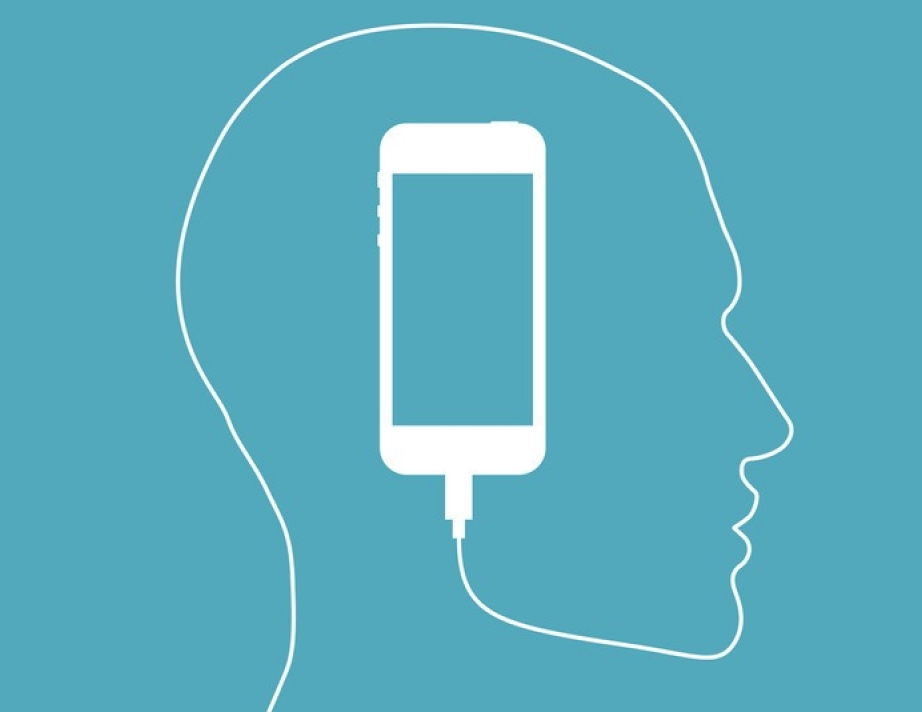
According to a new report conducted by the Pew Research Center, about 83% of the 1,600 industry experts surveyed believe the category will dominate the mainstream in about 11 years, but there will be slow progress to reach this level, despite today’s trends and hype about it being the next big thing. “Many experts say the rise of embedded and wearable computing will bring the next revolution in digital technology,” wrote Janna Anderson, director of Elon Univeristy’s Imagining the Internet Center and author of the report. “They say the upsides are enhanced health, convenience, productivity, safety and vastly more useful information for people and organizations. The downsides: challenges to personal privacy, over-hyped expectations and tech complexity that boggles us.” Not surprisingly, wearables (smartwatches and fitness trackers) are among the top categories expected to take off in the Internet of Things. But other areas, such as the home — people who want to control home services and appliances remotely, from thermostats to sprinklers — are high on the list, too. On a basic level, some household items are already connected to the Internet, such as Samsung’s Internet-connected refrigerator, which tweets and streams music from Pandora, and the Nest thermostat. But there are still limitations; every company prefers to use its proprietary technology, which often isn’t compatible with other platforms. Not only do companies need to work together so their products can interact with each other, but there are also issues related to privacy that stand in the way. “The realities of this data-drenched world raise substantial concerns about privacy and people’s abilities to control their own lives,” the report read. “The realities of this data-drenched world raise substantial concerns about privacy and people’s abilities to control their own lives,” the report read. “If everyday activities are monitored and people are generating informational outputs, the level of profiling and targeting will grow and amplify social, economic and political struggles.” Meanwhile, experts believe communities will start to embed devices and smartphone apps with information about transportation, pollution levels and even deliver news about electricity and water more efficiently this way. The environment — real-time data about fields, oceans and soil moisture — is also on the radar for tech growth, as is the goods and services industry which can use sensors to track materials more quickly. The study participants also expressed another concern: not knowing how to fix things when they break, and the possibility of people recasting their human relationships with technology-based ones. News from : http://mashable.com/2014/05/14/pew-iot-study


